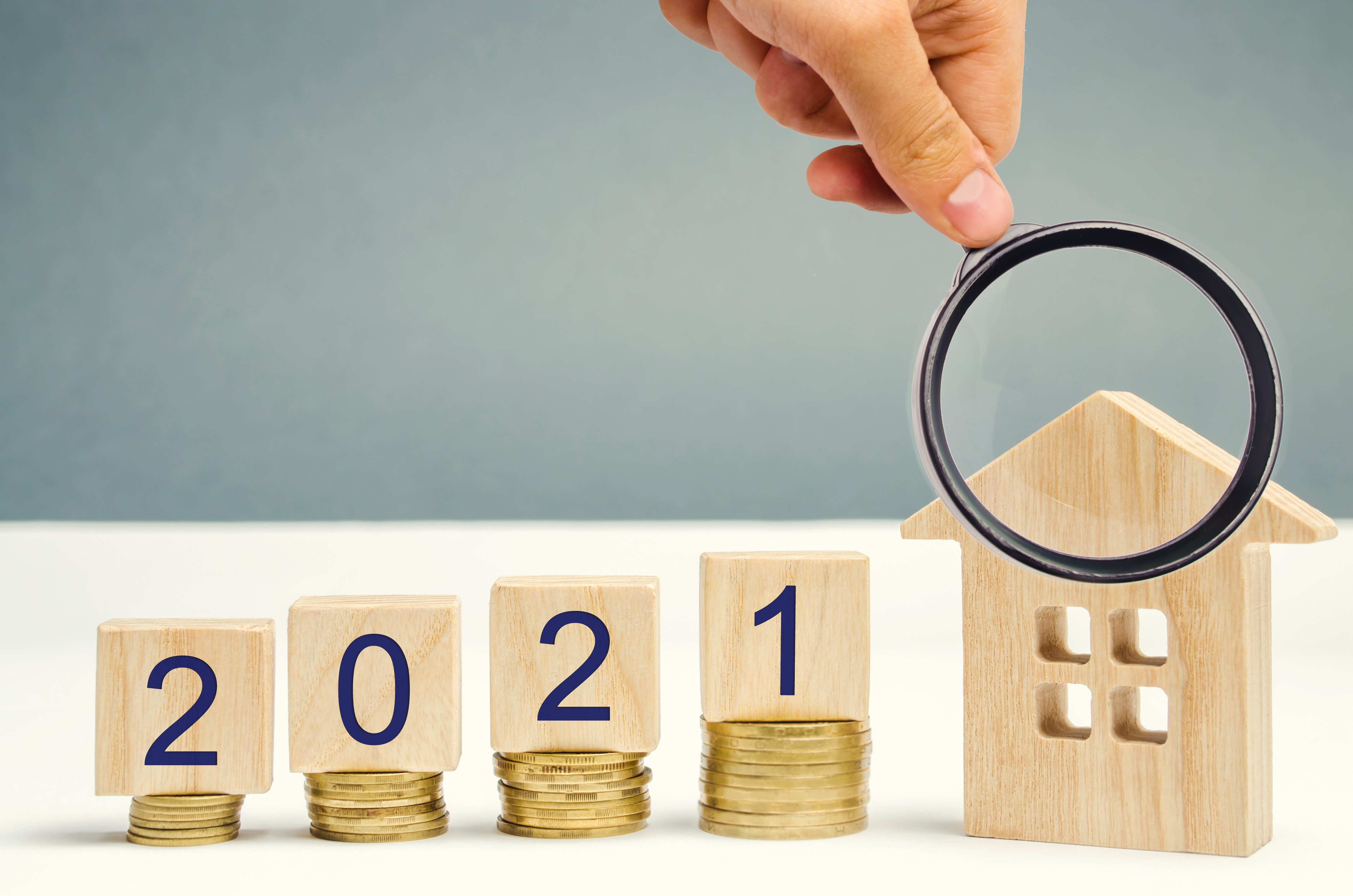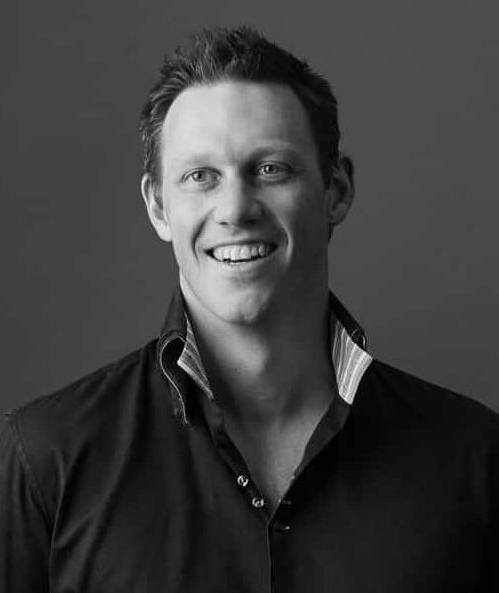Setting goals for ourselves is the best way of getting to where we want to be – so why doesn’t everyone do it?
I’d say it’s a fear of failure. By saying out loud what our goals are, we risk the disappointment of not achieving them.
But look at it another way: aiming high and getting close is still an achievement, and better than not aiming for anything at all.
Successful people in just about any field – sport, business, the arts – invariably set their sights on a goal at an early stage.
Cathy Freeman’s gold in the Sydney Olympics 400m was no overnight success; when she was just 14 she told her school careers adviser that her ambition was to win an Olympic medal.
Richard Branson has been making lists since he was a 22-year-old entrepreneur running Virgin Records. “Lists not only provide great structure for getting things done, but they also help us to set goals and achieve our dreams,” Branson says.
The analogy I’ve always used is catching a taxi (at least, before Uber existed). What's the first thing you tell the taxi driver? Where you want to go. And the chance of getting there is pretty high.
But what if you just jumped in the cab and said, “Take me home”. The likelihood they would know your address is remote to non-existent.
Goal setting for your finances is a similar principle. If you’re just meandering through life with a loose idea of needing to save or invest, when you realise where you need to be – you’re lost.
A goal makes you accountable. Some people don't want to set a goal because if they don't get there, they'll feel bad. But it's only your own ego that you've got to deal with. Setting an ambitious goal and missing it is far better than not setting a goal at all.

Let’s apply goal setting specifically to property. What do you want to achieve?
For 98% of the people we talk to at OpenCorp, the response is something like: “We just want to improve our situation, create some financial security and financial freedom down the track.”
The other 2%, meanwhile, are good at goal setting; they’re a lot more focused on the outcomes they want to achieve and can articulate when they want to reach their target.
So, we need to look closer; when you say financial freedom, what does that mean for you? What would financial freedom allow you to do?
Our job is to help people to put a number on it, because there's a big difference between, “I want financial freedom”, which is pretty loose and undefined, to, “Fifteen years from now I want to create $150k passive income that will allow me to help out the kids, travel, and live the lifestyle that I want.”
That’s when we can start creating a goal sheet, and making the calculations on what they've got in terms of super, shares or property already.
Let's take a couple whose retirement goal is to generate $150,000 of income a year in 15 years’ time.
How much could you contribute on a weekly basis to be able to make this $150,000 a year goal a reality 15 years from now? Most people will say $100 to $200 a week. And the good news is, that's ample.
But be aware of equating today’s dollars to what you might need down the track. This is a trap many people fall into - they forget about inflation! That $150,000 is $75,000 in tomorrow's money. Do you remember what a pot of beer or a latte cost you 15 years ago?
Time is the other issue. Many people start thinking about this stuff when they're approaching 60 and they've lost the power of time. So, don’t let your goals slip away from you – start thinking about them early in the piece, write them down and keep them front of mind.
Remember: If you set goals high, even if you fall short you’ve achieved something. With no goals in sight, you’ve got nothing to aim for.
.....................................................
 Michael Beresford is an experienced property investment advisor and Director of Investment Services at OpenCorp, Australia’s leading property investment specialists. His track record includes helping 1000+ OpenCorp clients add close to $600m in value to their portfolios.
Michael Beresford is an experienced property investment advisor and Director of Investment Services at OpenCorp, Australia’s leading property investment specialists. His track record includes helping 1000+ OpenCorp clients add close to $600m in value to their portfolios.
Disclaimer: while due care is taken, the viewpoints expressed by contributors do not necessarily reflect the opinions of Your Investment Property.